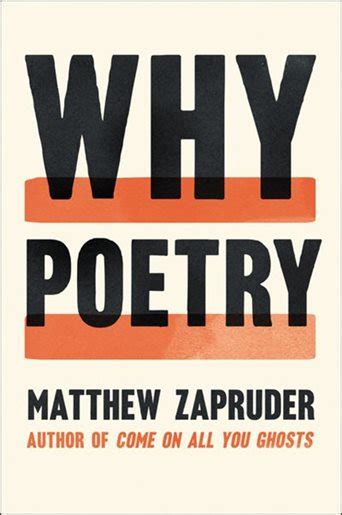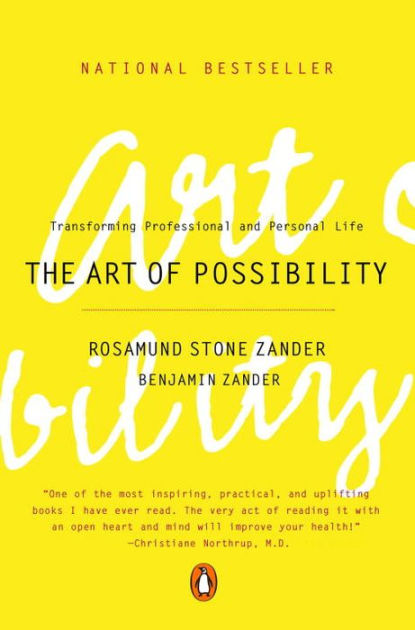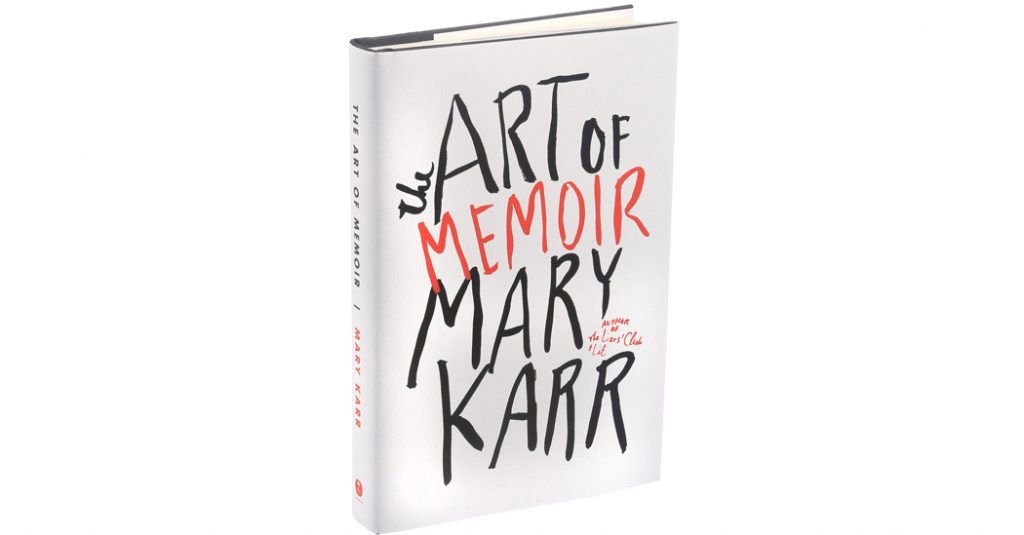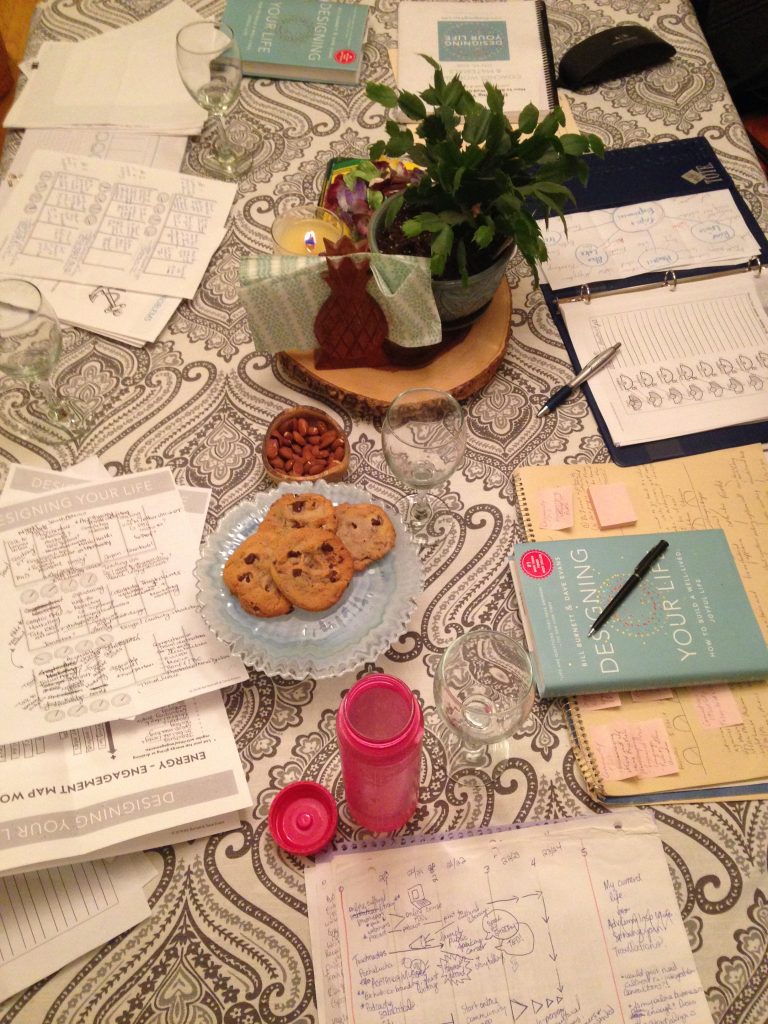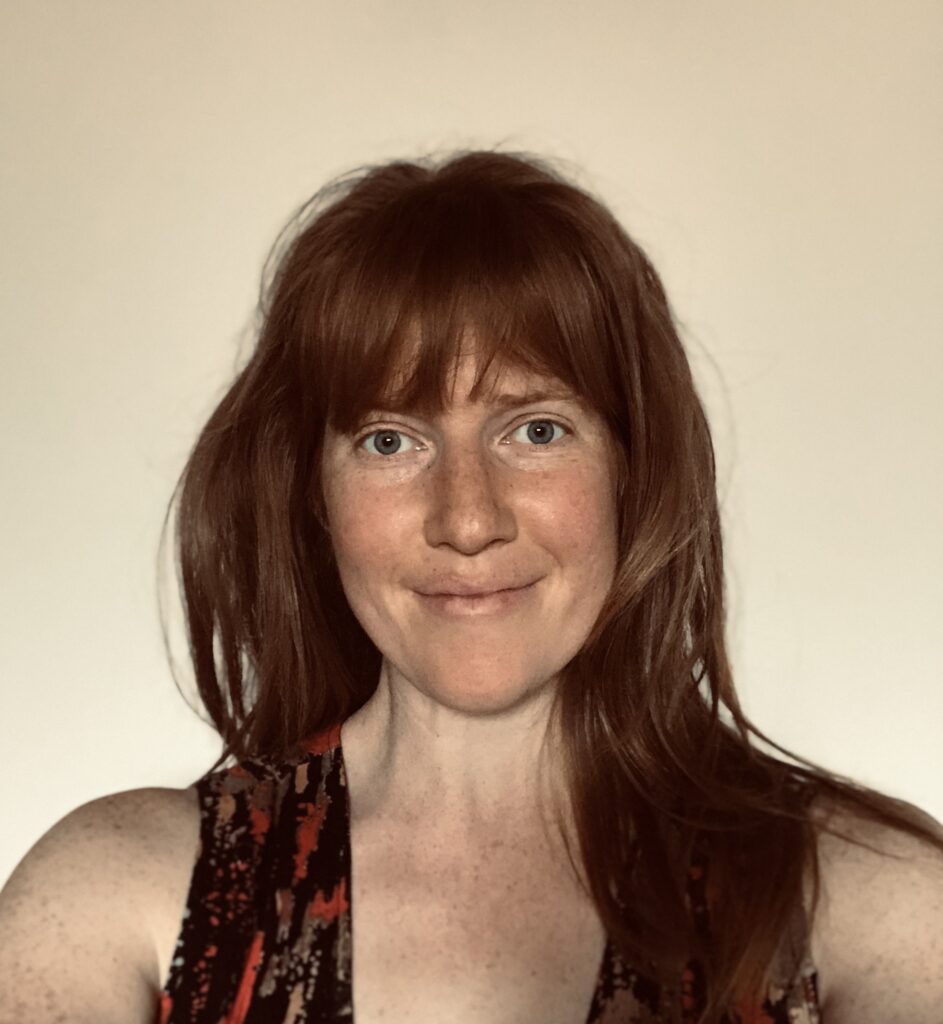Why Poetry by Matthew Zapruder
This past summer, I had one goal: to write daily. As I wrote daily, short felt manageable in the long term. The first few writings were simply a few lines, the thing that came to mind when the opportunity to write came up. Many of the first 20 days of writing became major themes in Babybytes, I think because they were simply what was in my head. The style wasn’t exactly poetry, but community members commented that it was “succinct” “poetic” or “word pictures.”
So, I thought: Why not poetry?
As I more intentionally sought to write poems, I went to our writing community’s virtual gathering for the month. One of the leaders of the workshop, Seth, said, “Genre is a platform. Later on, make it your genre. If you don’t understand your genre, you better do the reading.”
In my case, it was time to do the reading. The brevity of poetry combined with the encouragement of my writing community was enough to get me started. But how would I continue when it got hard to write in a genre I didn’t understand? What do I really know about this genre? In truth, not much more than it felt manageable to write daily with short pieces. So, when the library search “poetry” brought up Matthew Zapruder’s book, Why Poetry I figured it was worth a look.
When the inevitable period where I felt like I was absolutely not a poet, and not even a writer, Why Poetry helped me to press forward.
I never felt like I “got” poetry.
When the weeks of doubt hit, I had to admit to myself that I’ve never loved reading poetry. I found I couldn’t focus on it, or arrived at the end and didn’t get it. Where is the hidden meaning? I must have missed it. If I don’t love reading this genre, how can I possibly write it?
Zapruder cleverly confronts those fears head on. It’s not uncommon to feel like you don’t “get” poetry. He asserts that we are taught in school that there is some deep, hidden meaning when really, there is no ‘rightness’ within reading poetry. It’s more intuitive than that. Everything is not only interpreted, but also re-interpreted over and over again. Poetry is in plain sight, and “facts are only a certain kind of knowledge.” And he goes one step further: those times where I didn’t focus on a poem can be trance-like. That first or second read may have been more for my subconscious mind. If I see the same poem again weeks or years later, a great truth may be waiting for me after that first seed was planted.
Relatably, Zapruder likens a poem to a person. “The more you know someone, the more you realize there is always something more to know and understand… This is why we come back to certain poems, as we do places or people, to experience and re-experience.”
By confronting my complaints about poetry at the beginning of Why Poetry, I had the validation to keep going and read with intention: at the table, with a pen and notebook to capture parts that resonated. This book felt like rocket fuel for my writing project. It was rich with examples, a window into the culture and history of poetry.
The author also highlighted how we interact with a poem. Poetry can create meaning in very few words. A three-line poem can slice through the noise of day to day life, like this one that Zapruder quotes:
Suicide’s Note
The calm,
Cool face of the river
Asked me for a kiss.
-Langston Hughes
I read this, and my eyes led immediately to the three lines, skipping over the title. At first glance, a lovely few lines. But when I returned to the title, this beautiful, serene poem takes on a darker tone. Poetry can have many meanings depending on where you’re drawn first.
Poetry’s effect on us, as humans
Zapruder showed me the living, breathing humanity in poetry. How it is the oldest form of stories. How it can appeal to certain types of people: those who want a simpler life, who yearn to linger on what we take for granted. These details met me where I was at: with a newborn, doting on him and thinking about him at every minute. Love is very inspiring. He also write that poetry is often interesting to those who believe in multiple truths. That there is no one message in a poem, but there are lines, stanzas, or a word use that can change your mind momentarily. It seemed to fit how I was connected to my son at all times, but also wishing to connect with myself, my previous identity. The multiple truths of new motherhood. Poetry opens the door to wordplay, and for the reader to be ‘serially convinced’ from line to line.
In short, Zapruder convinced me that I had the personality to belong in poetry. Not necessarily the skill, but by writing I could get there. I was inspired to mimic examples I’d seen in his book. Could I write short? Could I create wordplay with titles?
Bitcoin
I once bit
a love coin
and made change
for the world.
-Libby Jeffrey
As I continued writing daily, I realized poetry is a genre of heart. It’s known by the effect it has on a reader: as Emily Dickinson said, “If I read a book and it makes my whole body so cold no fire can warm me, I know that is poetry.” Zapruders combination of love for the genre, its application to humanity, and rich examples reminded me of one thing.
You can’t get to the heart without art.
